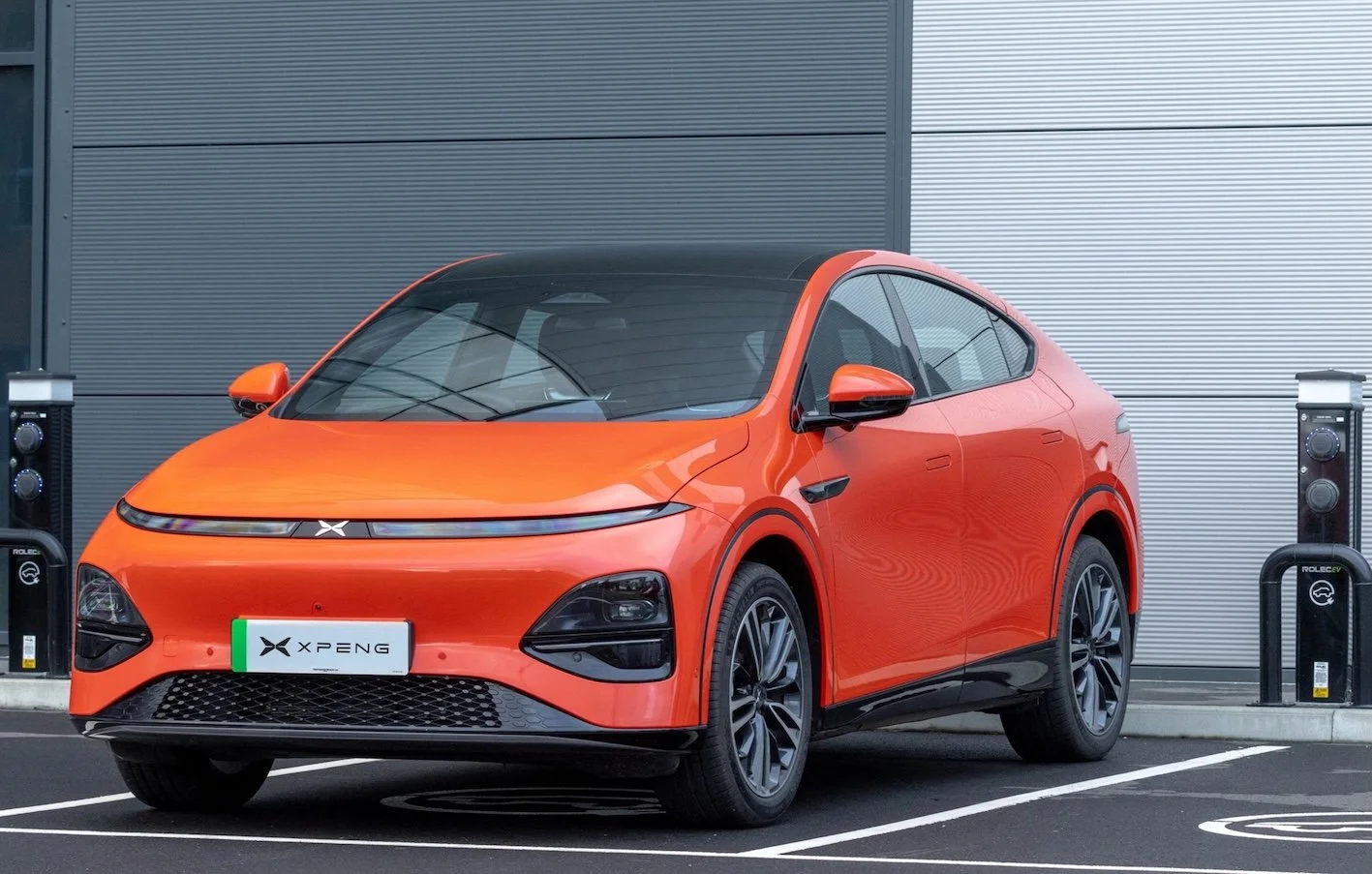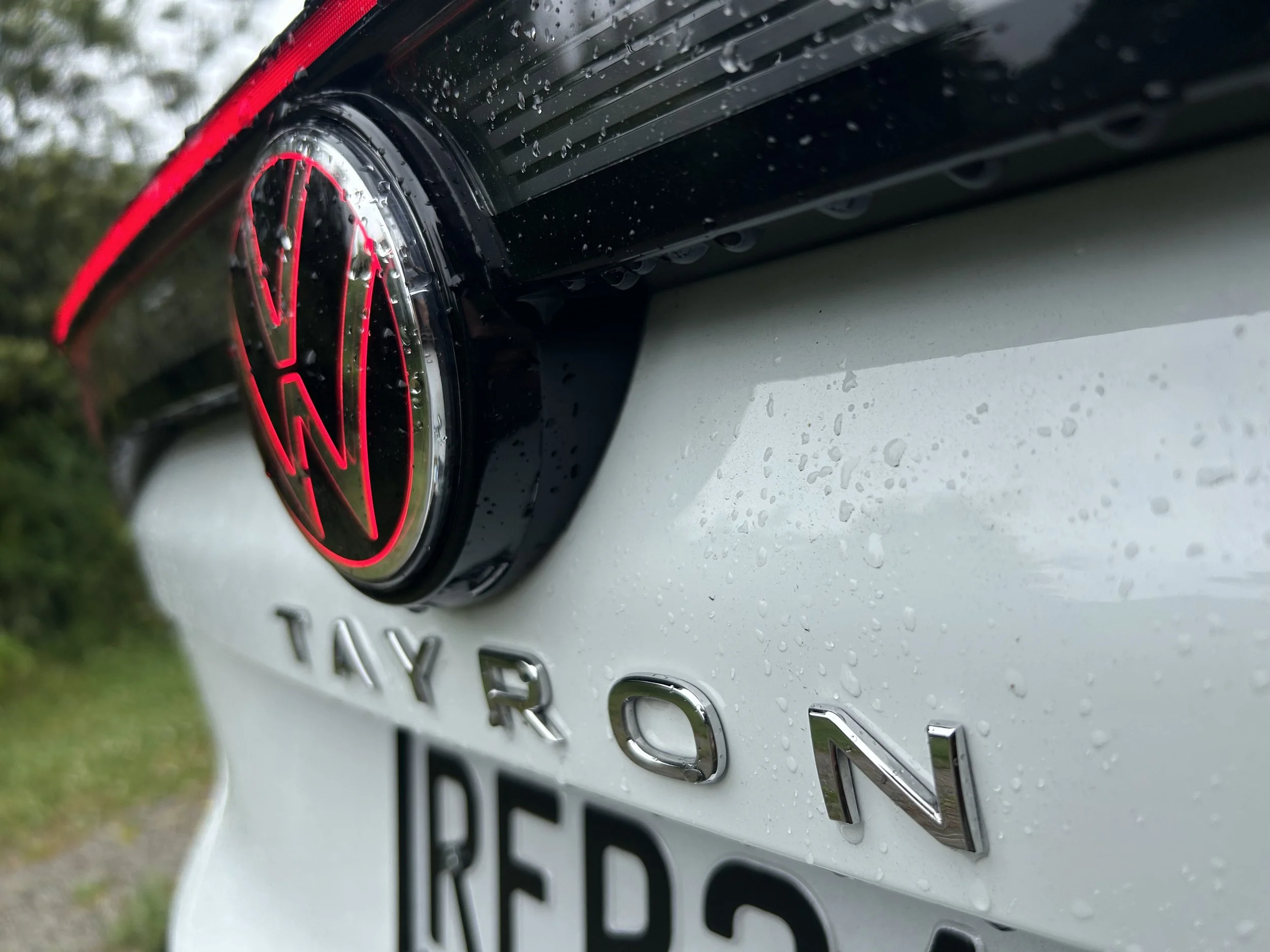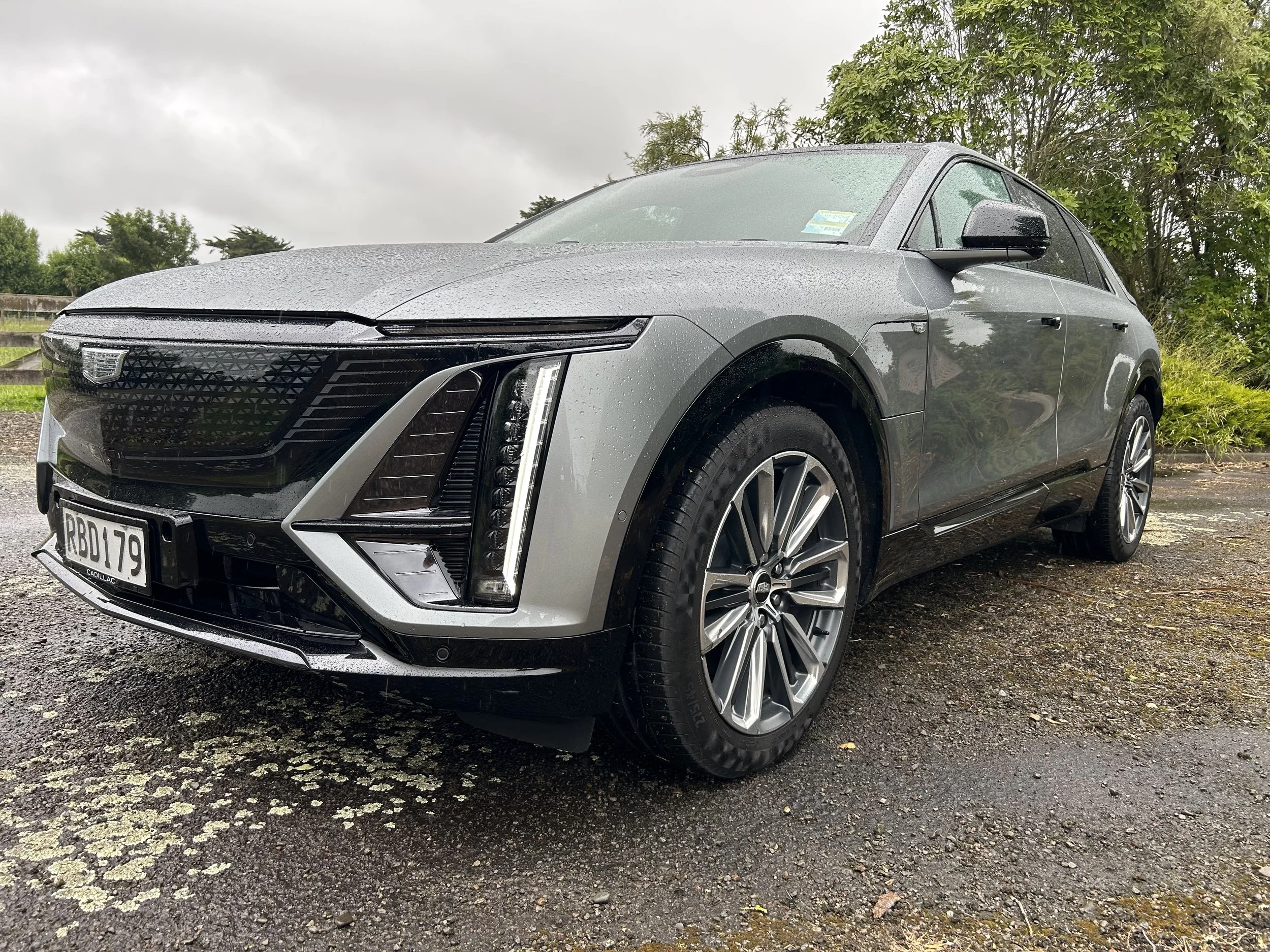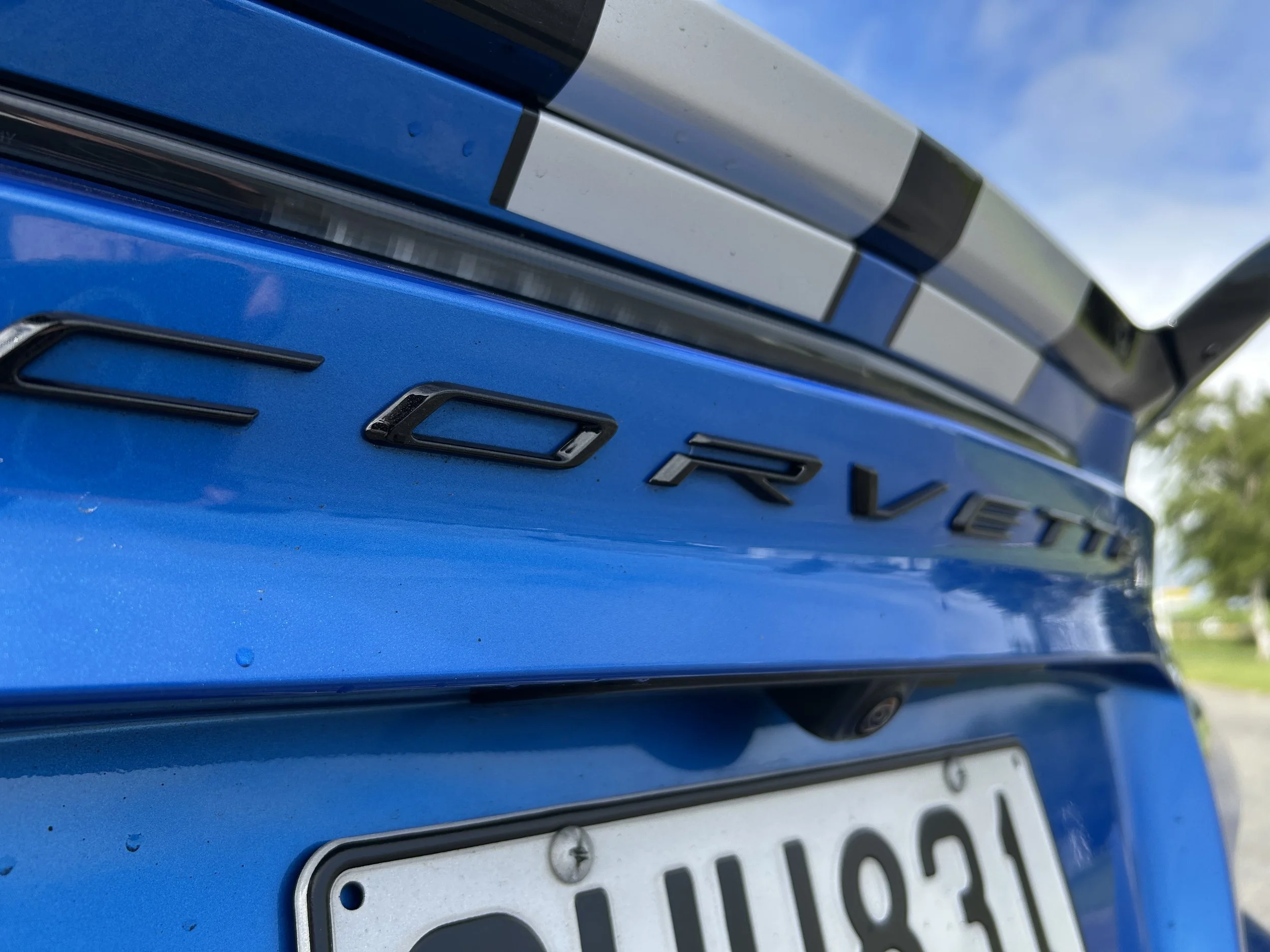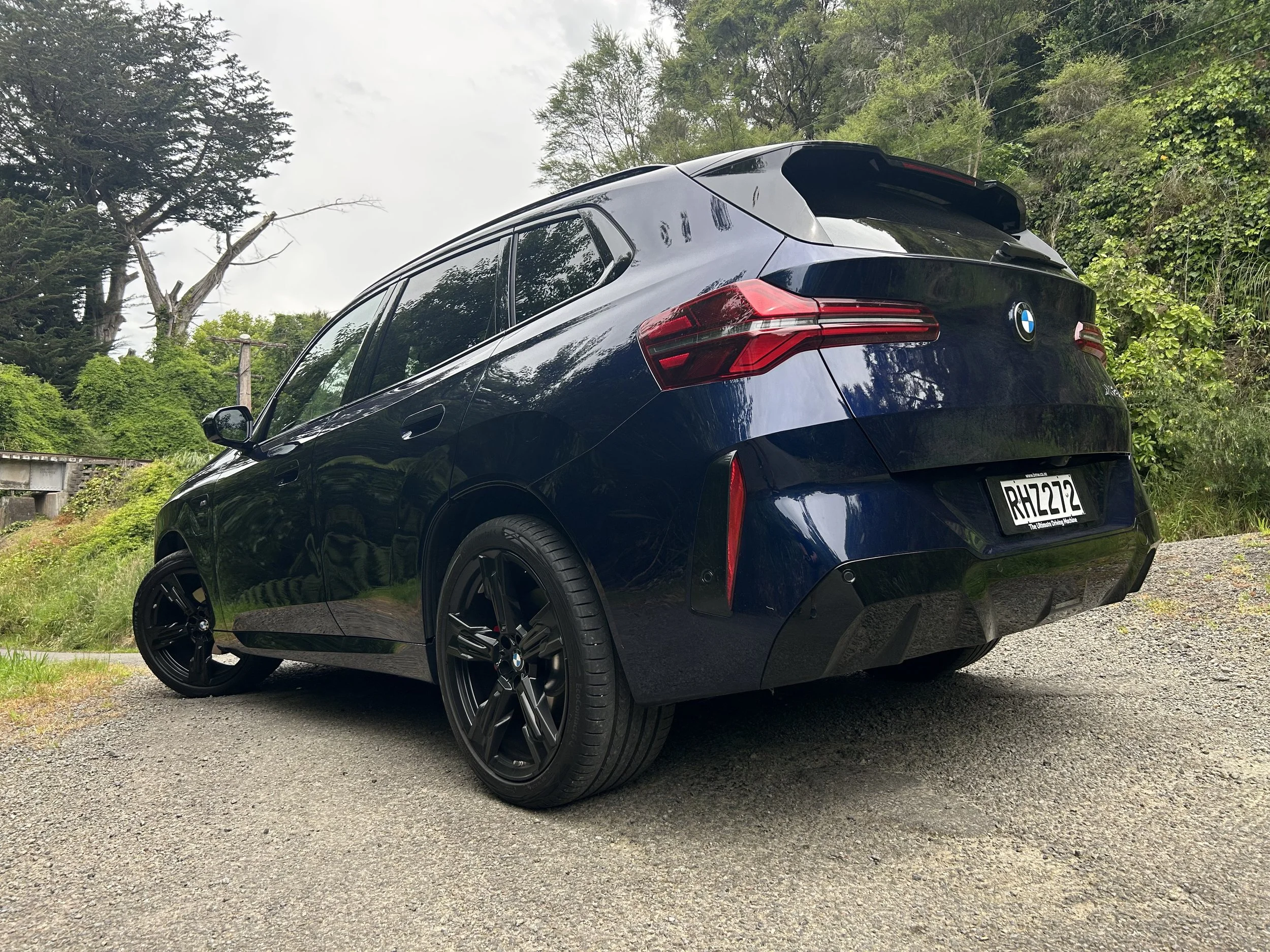Vans, Amarok with a camping plan
/It’s hi-di-hi time for those driven to an outdoors life.
WITH popularity of campervans still strong post pandemic, focus has fallen on what the big names are up to - and the best place to see that is a trade fair in Germany.
The Caravan Salon in Dusseldorf? Surely no introduction is required. It’s where Volkswagen and Ford have been showing off their latest.
From the home team, the latest generation of the famous California, a nameplate that’s been around for 35 years and in current iteration has become a big thing of the NZ scene.
We see all three current types - based respectively off the T6 Transporter, the large Crafter van and the compact Caddy - so doubtless there will some interest in this fourth generation.
It’s based on the Multivan MPV, which is the one that looks a bit like a T6 Transporter van but is actually based on passenger-car underpinnings.
The trick with the new California is that is goes into the wild with a Green theme - using a plug-in hybrid powertrain, making this latest California the first hybrid-engined version.
What it for now is called the Concept California has a traditional pop-up roof, which allows for standing-up space in the main cabin and an 'upstairs' bed, along with two extendable sunshade awnings and fold-away picnic tables and chairs.
Insofar as the hybrid powertrain goes, Volkswagen says: “It is powerful, economical and stands for future-oriented and responsible mobility with its all-electric range.
“At the same time, its long-distance suitability provides security when driving away from major traffic routes. It is therefore not just the neighbours on the campsite who will enjoy the hybrid drive as the vehicle glides silently past them.”
In this modern world, the concept ‘of getting away from it all’ doesn’t really mean … getting away from it all. Not so the Concept California. It’s fully connected with a smartphone app allowing you to control some of its onboard functions remotely.
The Concept California won't be the last new California model, though it's believed that the expected ID. Buzz-based camper is still some way off.
VW had something else to show, in the form of an Amarok fitted with a rooftop tent and a hardtop canopy. Whereas the California is a wholly in-house effort, the brand went to a third party, Genesis Import GmbH from Schwarzach, to outfit this show truck. It’s based on the rugged PanAmericana version and additionally kitted with a lifted suspension, custom Delta rims fitted with BFGoodrich AT tires and gets extra lights at the front as well as on the roof to illuminate the road ahead during “journeys in Scandinavia” or for traveling to “exotic places.”
The big name on the European camper scene is Ford, which has been slower than VW to create factory fit-outs for the Transit. That potentially will change, with the Blue Oval revealing a camper based on the latest Transit Custom van in production this year.
The new Transit Custom Nugget has been developed in conjunction with conversion specialist Westfalia, a German make better known for conversions of VW and Mercedes vans.
The Transit Custom Nugget will come in high-spec Titanium trim and with a 126kW EcoBlue diesel connected to an eight-speed automatic gearbox. Front-wheel drive is standard, but four-wheel drive will be an option.
In the next 12 months, a Transit Custom Nugget PHEV will join the diesel. This plug-in model will use the same petrol-electric powertrain as found in the Kuga SUV, so a degree of zero-emissions driving will be possible, although Ford hasn't confirmed economy figures or an electric range for the Nugget just yet.
Ford Pro general manager Hans Schep says this model “is about helping owners discover new places - and with the extra comfort, connectivity and PHEV option of the new model, they can go further than ever.
“Customers tell us they use their Nuggets as family cars, to get friends and bikes to the next trail, or as a more exciting kind of retirement plan, so we designed our latest Nugget to do it all.”
Features on board include soft-close cupboards, a fridge, hob and sink with hot water, which can also be used with the standard-fit shower outlet at the back of the van - Ford will offer a shower curtain as an option for privacy.
The cabin has a five-seat layout, with the front chairs able to rotate through 180 degrees, while the three-seat bench is fixed to rails so that it can be slid and unfolded into a double bed, while the Nugget's pop-up roof has another double bed hidden inside. This features a folding mattress that's designed to boost headroom in the kitchen area when the bed isn't being used.
Connectivity is taken care of by USB-C and 12-volt sockets, and has a built-in 5G modem as standard. Ford is also offering the option of a solar panel in the roof. This will be able to keep devices charged, as well as keeping the Nugget's 12-volt battery topped up.
All of the cabin functions can be controlled via a seven-inch touchscreen in the cab. This includes monitoring of the camper's power supplies, adjusting the LED ambient lighting and even includes an inclinometer to help park the Nugget level on uneven surfaces.
Dusseldorf didn’t quite have it all … to see the biggest thing in camping unveiled over the past few days requires going to the United States (of course).
Earthcruiser is a company that has until now created overlanding trucks based on Ford’s Superduty. It’s now taken a GMC Hummer EV transformed into a wild overlanding rig, the Upfit.
That’s a ‘eco’ bent that is far from meeting the ‘tread lightly’ credo that often applies to off-roading. At just over four tonnes, the Hummer is the world’s heaviest production EV. Earthcruiser has made it even heavier by inserting a camping pod in its rear bed.
Inside the pod is a kitchen, which includes appliances like a stove, a full-size bed and a flat-pack toilet.On the outside, there’s also a set of storage boxes to keep supplies in, and the camper has an outdoor shower as well.
From 2024, the camper upfit will be available to Hummer EV owners who have received their truck so far (that’s 904 people). There’s no word yet on what the cost of the conversion kit will be, but the Jalopnik website reminds Earthcruiser’s the Ford-based Terranova camper retails at a tad over $NZ600,000.











